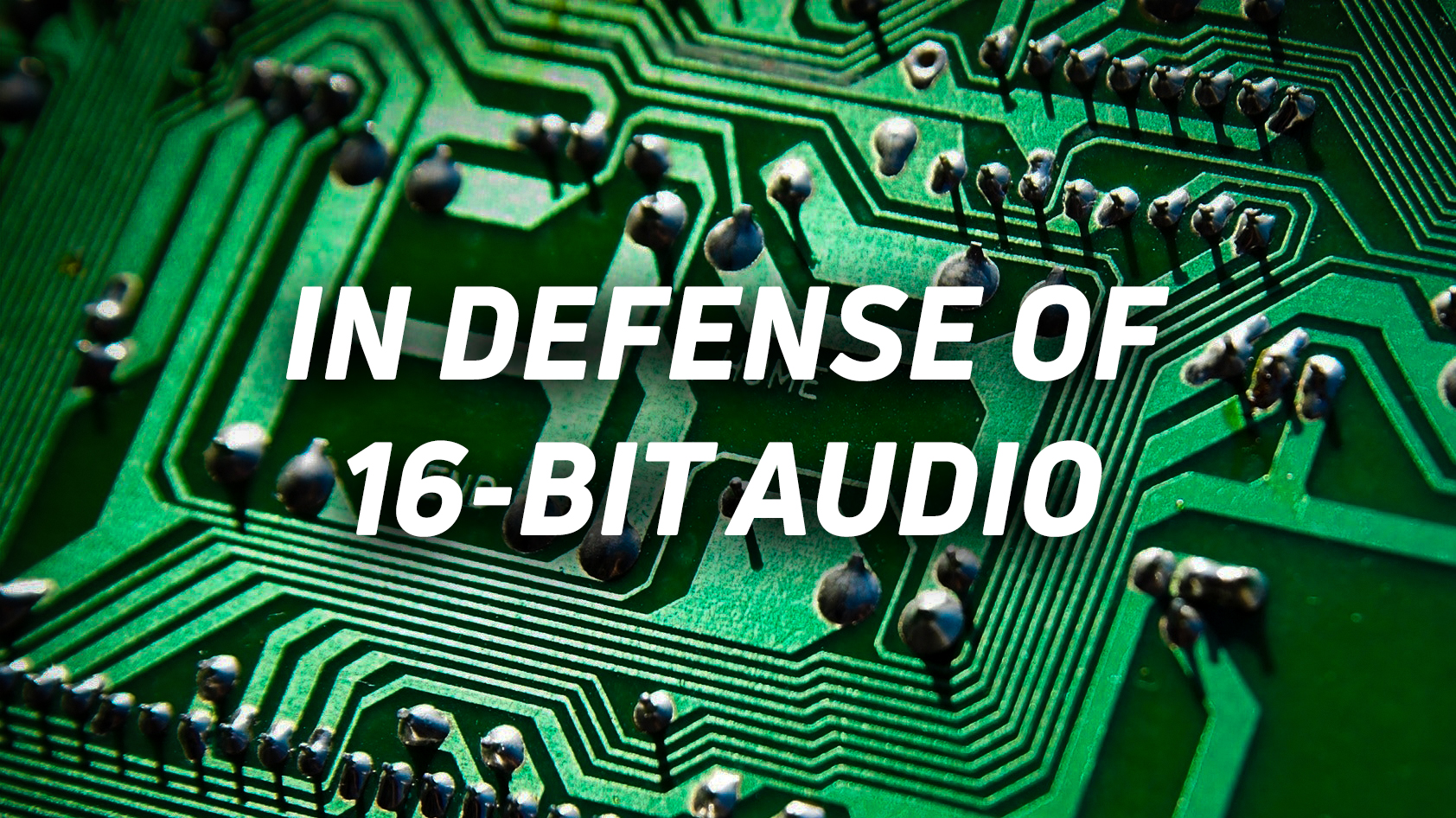I've got a huge collection now of Flac albums (lossless compression that allows you to store thousands of albums on a hard drive) and bootlegs (only close to pristine sound, no audience, they sound like they were recorded in an airplane hanger) from all eras.
The best music in terms of great albums/CDs per year is still 1965-1975, for a number of reasons.
1) the money wasn't as good so groups toured a lot, practice makes perfect, the Beatles wouldn't be the Beatles without playing 3 sets a night for a couple of years in Hamburg.
2) groups were groups, not a front man with a constantly changing cast of backups, which meant they often had multiple song writers - only a handful are capable of writing hundreds of good songs - which means most solo artists tend to burn out after a couple albums when they exhaust their back catalogue of good songs.
3) it was new, musicians weren't saddled with thousands of songs in their head, trying to be different, English bands discovered American blues, etc., as a revelation, not as the soundtrack of their youth.
It's not that there hasn't been a lot of great music since then, but it just seems more like a few shining stars rising above a background of groups turning out one or two good albums and a bunch of product. Nowadays, with Spotify, etc., it's harder to find artists who can turn out complete CDs when the money is to make it on a song or two that goes viral, then tour off that fame - full circle to the early 60s!
PS: I've done some research and realized the "audiophile" oversampling, high frequency versions are a total ripoff - turns out the human ear can't hear anything past 20KHz (at my age, more like 15KHz). The sample rate is usually double the desired frequency range you want to reproduce, so at 44.1KHz, you can reproduce around 22KHz, above what human ears can discern. So you're basically paying to entertain your dog! Same with the bit rate above CD level. Greater dynamic range doesn't work b/c to use it you'd have to have an incredible sound system and you'd end up deaf. Basically, it's a trick to get people to pay for stuff they can't hear - instead of paying for the stuff, DACs, better speakers, etc., that actually make a difference.
Eager to shell out a bunch of cash for hi-res audio? Save your cash, says Chris. The sample rate and bit depth of CD quality audio can outresolve the limits of your hearing.
www.soundguys.com





